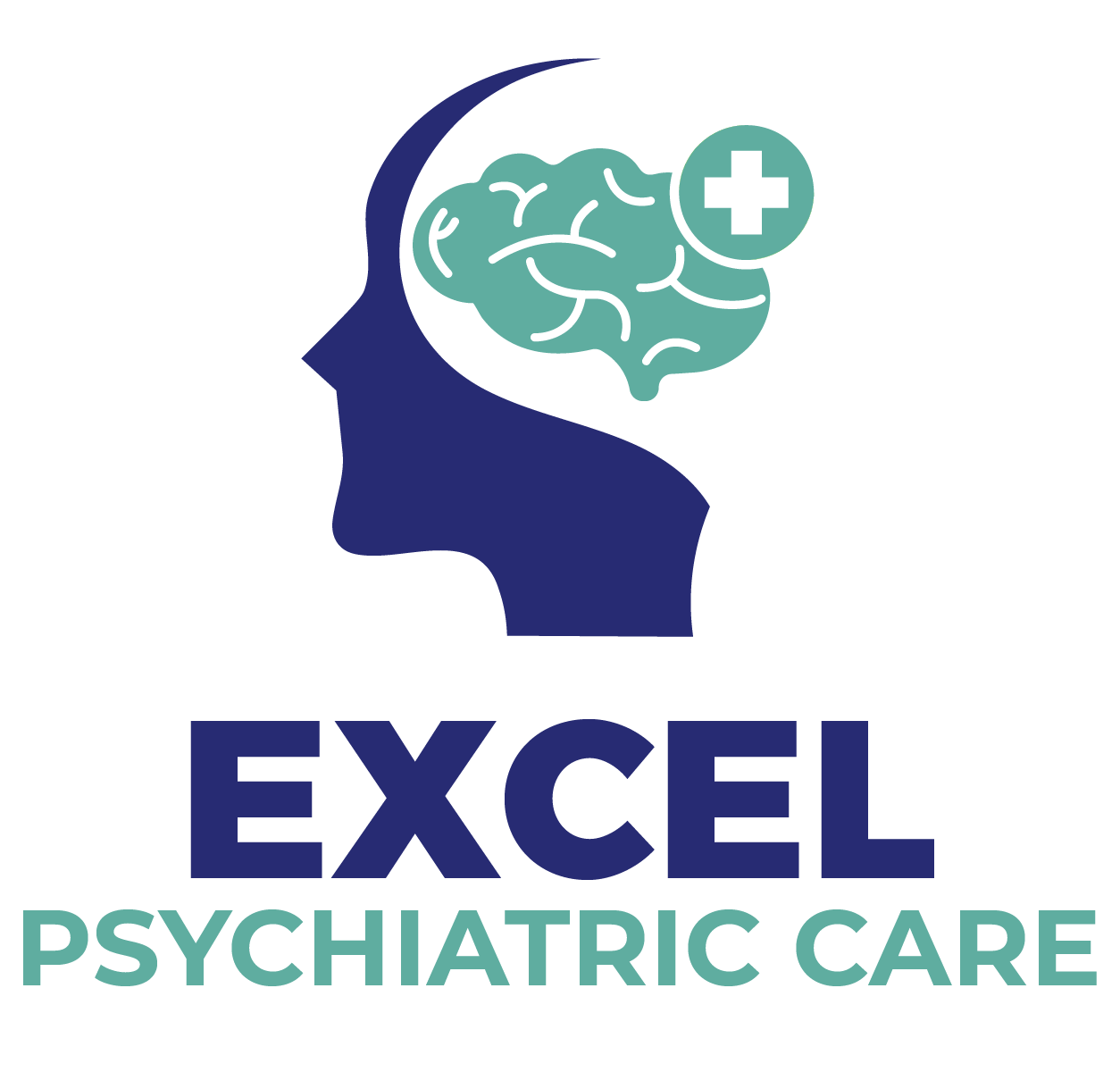I help new-grad and student psych nurse practitioners working in outpatient psychiatric primary care ease the transition from RN to NP and help provide guidance to take the best care of their patients.
The mission of this program is to provide novice nurse practitioners with exceptional clinical training, and mentorship to enhance clinical competence, increase confidence to practice independently, and become well-prepared to provide high quality mental health services for Veterans.
Transitioning into the nurse practitioner (NP) role is stressful. The stress arises from both internal or personal and external or organizational and professional sources. The novice NP may have a sense of inadequacy and lack of confidence in the ability to provide optimal patient care. The organizational expectations to be clinically competent and able to meet the demands of a complex health care system can be overwhelming. Most NP programs excel in their ability to provide the didactic information and clinical exposure necessary for the beginning-level practitioner; however, additional guidance and support are essential for the novice NP to evolve into an expert clinical practitioner. To this end, mentorship is an effective transition strategy for novice NPs. An awareness of the many stressors facing the novice NP, the benefits of mentorship, and how an effective mentoring relationship can ease the transition establishes sound rationale for mentoring as a strategy for optimal transitioning into the NP role.




